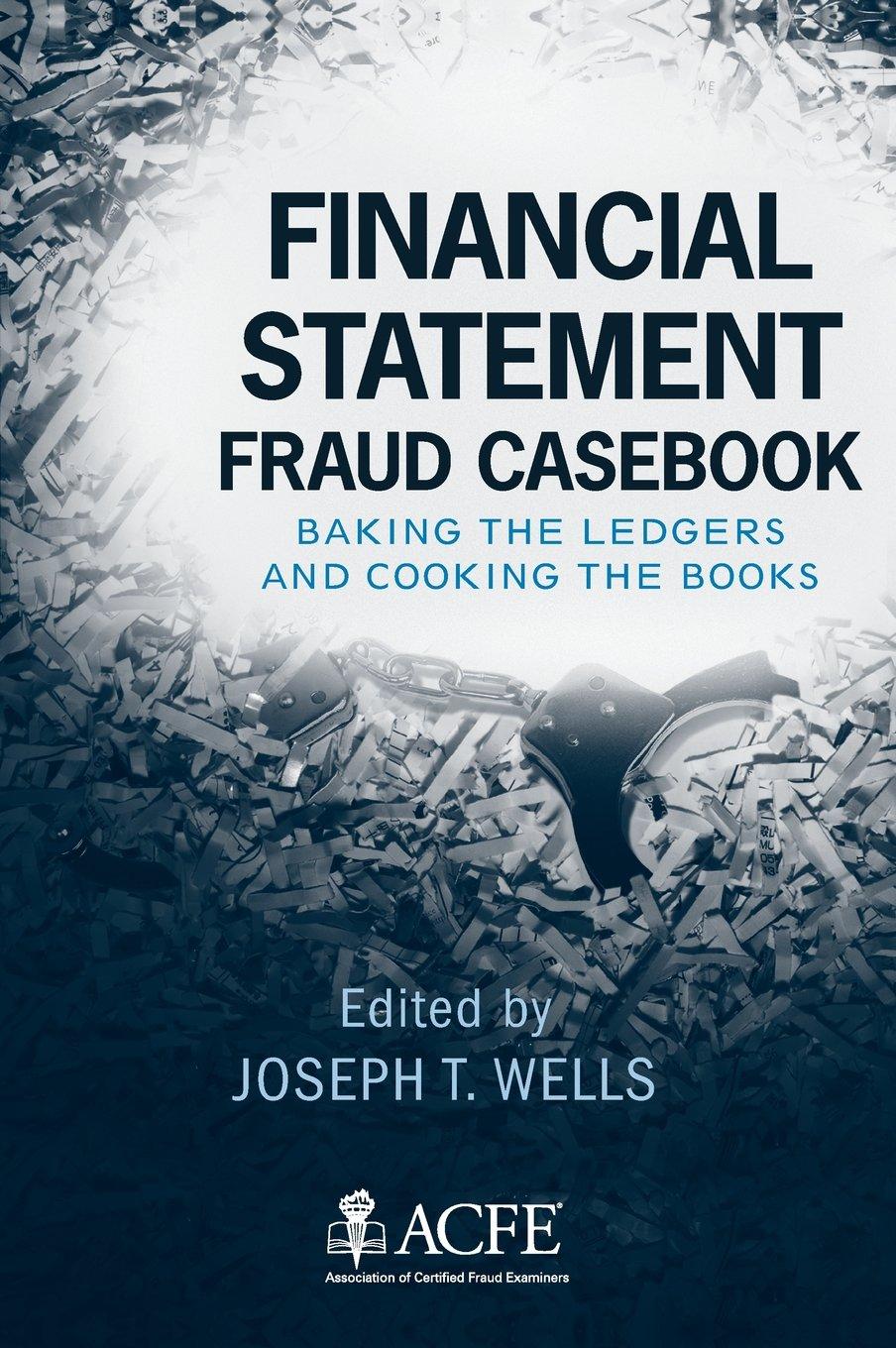Question
Consider the following information about Elmwood Manufacturing Company: Estimated Estimated Factory Estimated Selling and Month Sales Overhead Administrative Expenses December Year 1 $2,900,000 $620,000 $1,215,000
Consider the following information about Elmwood Manufacturing Company:
| Estimated | Estimated Factory | Estimated Selling and | |||||||
| Month | Sales | Overhead | Administrative Expenses | ||||||
| December Year 1 | $2,900,000 | $620,000 | $1,215,000 | ||||||
| January Year 2 | 1,200,000 | 630,000 | 1,240,000 | ||||||
| February Year 2 | 11,500,000 | 670,000 | 1,250,000 | ||||||
| March Year 2 | 4,200,000 | 630,000 | 1,205,000 | ||||||
| April Year 2 | 1,650,000 | 670,000 | 1,335,000 | ||||||
The company has found that approximately 35 percent of sales are collected during the month the sale is made and the remaining 65 percent are collected during the month following the sale. Material purchases are 40 percent of next months estimated sales, and payments lag these purchases by one month. Labor costs are 30 percent of next months sales and are paid during the month incurred. Factory overhead and selling and administrative expenses are paid during the month incurred. In addition, a payment for new equipment of $1.1 million is due in February. Also, a tax payment of $1.3 million and a dividend payment of $620,000 are due in March.
The companys projected cash balance at the beginning of January is $1.5 million. Furthermore, Elmwood desires to maintain a $750,000 cash balance at the end of each month. Prepare a cash budget for Elmwood Manufacturing Company for the first three months of Year 2. Enter your answers as positive values, but use minus sign to indicate the lack of available cash. Enter zero if necessary. Do not leave any cells blank. Round your answers to the nearest dollar.
| Cash Budget | ||||||||||
| First Quarter, Year 2 | ||||||||||
| December | January | February | March | April | ||||||
| Sales | $ | $ | $ | $ | $ | |||||
| Projected cash balance, beginning of month | $ | $ | $ | |||||||
| Receipts: | ||||||||||
| Collection of A/R | ||||||||||
| Total cash available | $ | $ | $ | |||||||
| Disbursements | ||||||||||
| Payments of A/P | $ | $ | $ | |||||||
| Labor expenses | ||||||||||
| Factory overhead | ||||||||||
| Selling and adm. expenses | ||||||||||
| Taxes | ||||||||||
| Dividends | ||||||||||
| Purchase of new equipment | ||||||||||
| Total disbursements | $ | $ | $ | |||||||
| Excess of available cash | ||||||||||
| over disbursements | ||||||||||
| Incremental cash loans needed | ||||||||||
| to maintain a balance of | ||||||||||
| $750,000 | $ | $ | $ | |||||||
| Loan repayment | $ | $ | $ | |||||||
| Projected cash balance, | ||||||||||
| end of month | $ | $ | $ | |||||||
Step by Step Solution
There are 3 Steps involved in it
Step: 1

Get Instant Access to Expert-Tailored Solutions
See step-by-step solutions with expert insights and AI powered tools for academic success
Step: 2

Step: 3

Ace Your Homework with AI
Get the answers you need in no time with our AI-driven, step-by-step assistance
Get Started


